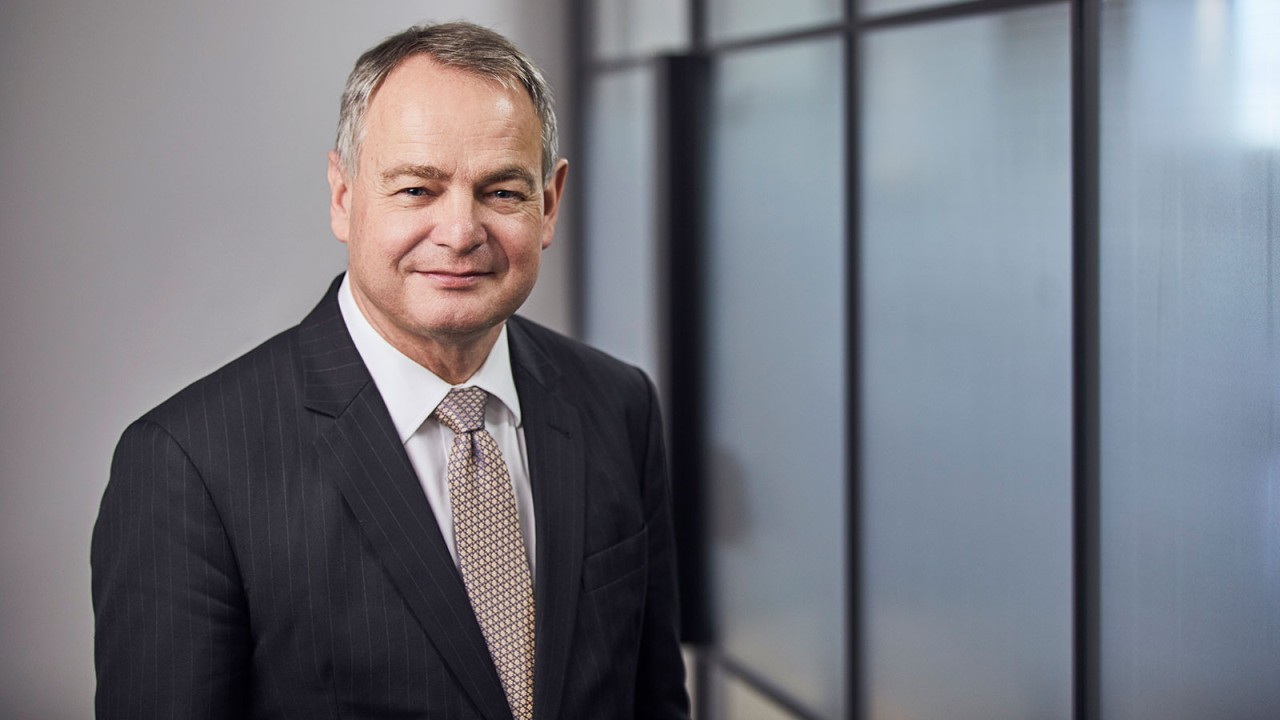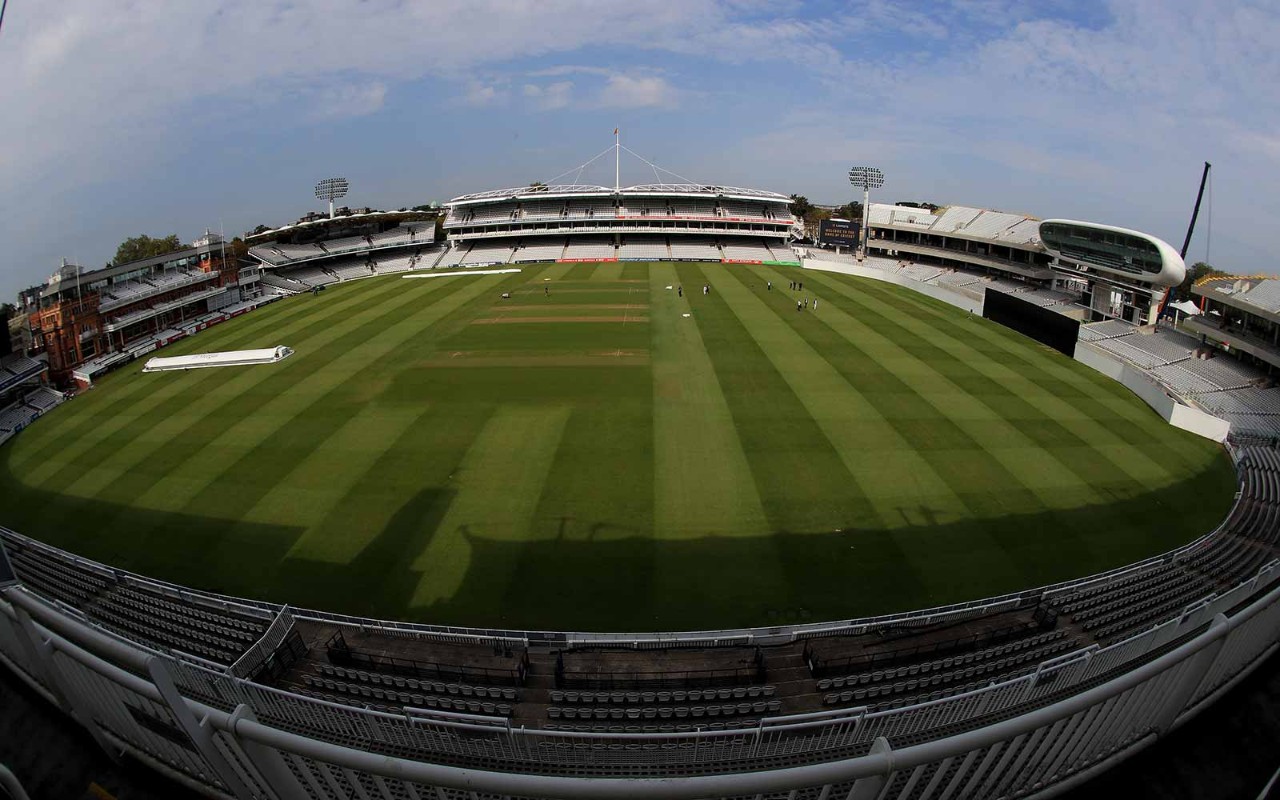
They say you can take someone out of politics but you can never take the politics out of them. Translate this saying to accountancy, and it would certainly apply to Hans Hoogervorst, the former Dutch politician who has just completed a 10-year tour of duty as chair of the International Accounting Standards Board (IASB), the setter of IFRS Standards.
Currently based in London, 65-year-old Hoogervorst is in reflective mood as he looks back over a decade that has been bookended by two crises: the financial crash of 2008 and subsequent global slowdown, and now the current economic uncertainty caused by Covid-19.
'There is a thirst for information about the future, and sustainability reporting is one way of giving extra information'
CV
2011
Chair, International Accounting Standards Board
2010
Chair, International Organization of Securities Commissions
2007
Chair, Netherlands financial services regulatory authority, the AFM
2003
Minister of health, welfare and sport
2002
Minister of economic affairs and minister of finance
1998
State secretary for social affairs and employment
He is proud of the board’s work in completing the ‘big four’ standards (financial instruments, revenue recognition, leases and insurance contracts). He accepts that the process was politically complicated but argues that the eventual solutions ‘were the most logical’.
‘I am happy with the way that IFRS really became established in this period,’ he says. ‘When I started, IFRS was still relatively new. There was excitement but also a lot of nervousness about where we were going.’
And this is where the politician in Hoogervorst really came to the fore. The former Dutch government minister says that discussions became less ideological during his time. ‘When I first started at the IASB, there was a false perception that we were hell-bent on putting everything down to fair value.’ He adds that he always took the trouble to understand the standards and find the right arguments to bring everyone on board. Not a qualified accountant himself, he quickly realised why accountants have to study so hard to gain their qualification.
Differences in approach were highlighted during negotiations over what would become IFRS 16, Leases. ‘It was a lot of work,' he recalls. 'We went through many different permutations for political reasons and we really didn’t know if it would be accepted, but we succeeded.’
Tricky convergence
He does express some regret that the so-called ‘convergence project', which aimed to bring together US GAAP and IFRS, ultimately failed to take off.
‘It was a pity but not surprising. The US capital market is so big, and ultimately it came down to a question of sharing some control over that system.’
'The crisis has been drowned by incredible monetary support, so we have seen fewer collapses and stock markets going through the roof'
Hoogervorst still thinks that some form of convergence may be possible in the future, but not wholesale. He also points out that, despite fears that other countries might move away from IFRS as well, ‘the world didn’t fall apart – in fact, the opposite happened. We have really established ourselves as the leading standard-setter in the world.’
As an example, he cites the increasing number of multinational companies whose subsidiaries now use IFRS Standards as an example of how ‘IFRS really makes so much sense’.
Financial crisis impact
Following the financial crisis a decade ago, financial reporting standards came in for considerable criticism for failing to alert investors of impending corporate collapses. Does Hoogervorst foresee a similar reaction following the current crisis? Could the IFRS messenger be in the firing line again?
‘Of course, it depends whether we do actually come out of this,’ he says, ‘but the crisis has been drowned by the most incredible monetary and fiscal support that has ever been mustered, so we have seen fewer collapses and stock markets going through the roof.
'We haven’t seen much impairment, and governments haven’t just guaranteed the banks this time, they have guaranteed the whole economy, so we will need to wait until everything unwinds to see whether the standards have worked appropriately. But if there is going to be another crisis, there will always be pressure on fair-value accounting.’
Going green
In recent years, notwithstanding the current crisis, there have been increasing demands for consistency in non-financial reporting standards in response to the growing awareness of environmental, social and governance (ESG) issues. This has led to the IFRS Foundation (the organisation that oversees the IASB) creating a sister board: the International Sustainability Standards Board (ISSB).
Clearly, this strand of corporate reporting is becoming a major focus of attention, with the Big Four firms investing heavily in ESG services to address this growing demand.
But is there a risk that attention is pulled away from financial statements? Hoogervorst does not think so. ‘I’m not worried about the future of financial reporting,’ he says. ‘It will always remain the anchor for investors. It is the most solid information relating to events that have already taken place. But clearly there is, among investors, a thirst for information about the future, and sustainability reporting is one way of giving extra information about the viability of a business model.
‘Because it is about the future, it is more judgmental than accounting and can be challenging. But I am pleased that the trustees of the IFRS Foundation have had the courage to contribute to this field.’
He adds that he does not believe that accountancy firms, which have been under a great deal of pressure over the quality of financial statements, are likely to prioritise ESG services over their core accounting responsibilities.
Next steps
And what of Hoogervorst’s own future? Where will he next turn? Where will he be asked to apply his political skills next?
‘If there is one thing I have learnt over my long career, it is that it has taken so many unexpected turns,’ he says. ‘I would never have imagined becoming a securities regulator and then standard-setter for an accounting standards board. I am sure something unexpected will come again. One thing that's for sure is that I want to remain professionally active; I’m too young to retire.’



